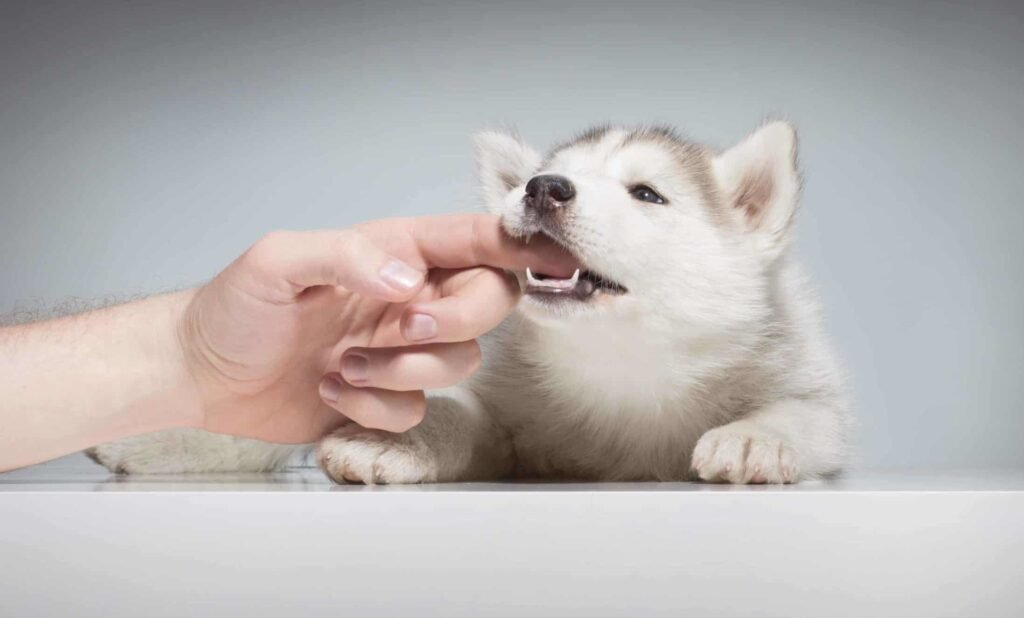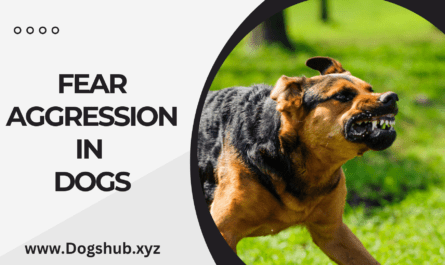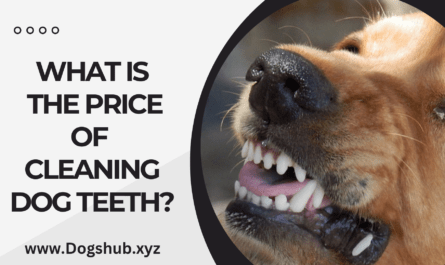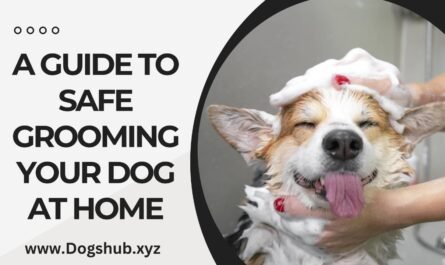They are sweet, playful, and full of energy. One most difficult issues that for new pet owners is having to deal with the puppy’s propensity to bite. Although biting is an expected puppy behavior however, it’s crucial to train young dogs that humans’ skin should not be touched. The process of teaching a puppy to stop biting is a process that requires perseverance, persistence, and positive reinforcement. In this piece we’ll discuss effective strategies to prevent your puppy from biting, and build a solid connection with your dog.
Understanding Why Puppies Bite
Before tackling training strategies It is important to know why dogs take a bite at all in the first instance. A few common causes include:
- Teething The puppies go through an initial period of teething which causes discomfort to their gums. The act of biting can ease the discomfort.
- Exploration The mouths of puppies are utilized by babies to explore the world similar to how human babies explore the world.
- Playfulness Puppy play with their hands by nibbling on each other. This is a habit that they exhibit to when they engage with humans.
- Attention-seeking When a puppy is taught that biting can trigger reactions, and even negative ones and they keep doing it.
- Excitement or overload: Puppies may bite whenever they are overly exuberant or overly stressed.
Effective Techniques to Stop Puppy Biting

We now know why puppy bites, we can look into how we can stop this behaviour.
1. Use Bite Inhibition Training
The ability to control bites is an important ability that puppies need to master. They learn to regulate the force that comes from their bite.
- If your puppy is biting intensely, let him yell loud “Ouch!” or yelp. It is similar to the reactions of other pups and signalizes that they’re having a rough time.
- Stop immediately and take your eyes off the screen for a couple of minutes.
- Play again once they have calmed down. This will reinforce gentle behavior.
- If your puppy keeps biting in a snarling way, continue the procedure until they are less aggressive.
2. Provide Plenty of Chew Toys
Because puppies require chewing and bite, you can redirect their chewing towards suitable items
- Provide a range of chewing toys such as rope toys, rubber toys and freezing teething rings.
- Give a rousing ovation and encourage your puppy to chew whenever they play with the toy, not your hands.
- Make sure to rotate toys regularly so that they remain exciting and stop boredom.
3. Teach the “Leave It” Command
The training of your dog to respond with”Leave It “Leave it” command can help stop chewing.
- Place a small treat inside your fist and allow your dog to sniff the treat.
- Speak “Leave it” and wait until they stop seeking out the sweet treat.
- When they have stopped after a while, give them a reward with another sweet treat and applaud them.
- Repeat the practice regularly in order to reinforce the behaviour.
4. Use Positive Reinforcement
The reward for good behavior is much better than reprimanding poor behavior.
- If your dog is interacting with you in a gentle way you can praise them and treat them with treats.
- Choose a peaceful and positive tone while you play with your pet without gnashing.
- Reward desired behavior consistently and inspire them to continue doing the same behavior.
5. Avoid Encouraging Biting Games
A lot of owners are unaware that they can encourage bites through rough games.
- Do not engage in wrestling or use your hands for play.
- Instead, you can use the toys to have fun with games such as tug-of war or a game of fetch.
- If your dog starts to bite then stop the game right away to stop the behaviour.
6. Give Your Puppy a Timeout
If your dog continues to bite even after other approaches an hour-long timeout may prove effective.
- If they bite you, say “No” in a firm however cool tone and leave for 30 to 60 minutes.
- They learn that biting can result in disappearance of attention and enjoyment.
- Each time they bite, provide them with an opportunity to rest so that they don’t think of the act of biting with the negative consequences.
7. Socialize Your Puppy
It is essential to socialize an animal that is well-behaved.
- Your puppy should be able to socialize with other dogs that are well-behaved and puppies.
- The playgroups and puppy classes could guide them to play in a safe manner.
- Experimenting with different settings and people and circumstances helps to prevent fear-based bites.
8. Ensure Your Puppy Gets Enough Exercise
Sometimes, dogs take a bite to relieve boredom or excessive energy.
- Offer daily walks, time for play, and mental stimulation.
- Puzzle feeders, interactive toys, and training sessions help keep children’s minds engaged.
- A puppy who is exhausted will not be as likely to be prone to engaging in unintentional chewing.
9. Be Patient and Consistent
It takes a while to learn, and dogs won’t cease biting in the blink of an eye.
- Keep up with your procedures.
- Make sure that everyone in the family is following the same set of rules.
- As time passes and perseverance With time and patience, your puppy will develop the correct behaviour.
When to Seek Professional Help
Although most dog bites are common, there are some instances that require the help of a specialist.
- If your dog’s bite is more aggressive than play Consult a vet or professional trainer.
- Acute aggression, or fear-based bites could be a sign of health issues or behavioral problems.
Final Thoughts
To teach a puppy to stop chewing is a process that requires persistence, patience, and positive reinforcement. Recognizing the reasons puppies bite and employing appropriate methods for training can reduce the behavior and strengthen the bond with your dog. Make sure to give chewing toys and reinforce the your puppy’s gentle nature, stay away from rough play and make sure that your puppy receives sufficient time for exercise and socialization. If you give it the right amount of time and determination the puppy will develop to become a calm, well-behaved pet.




